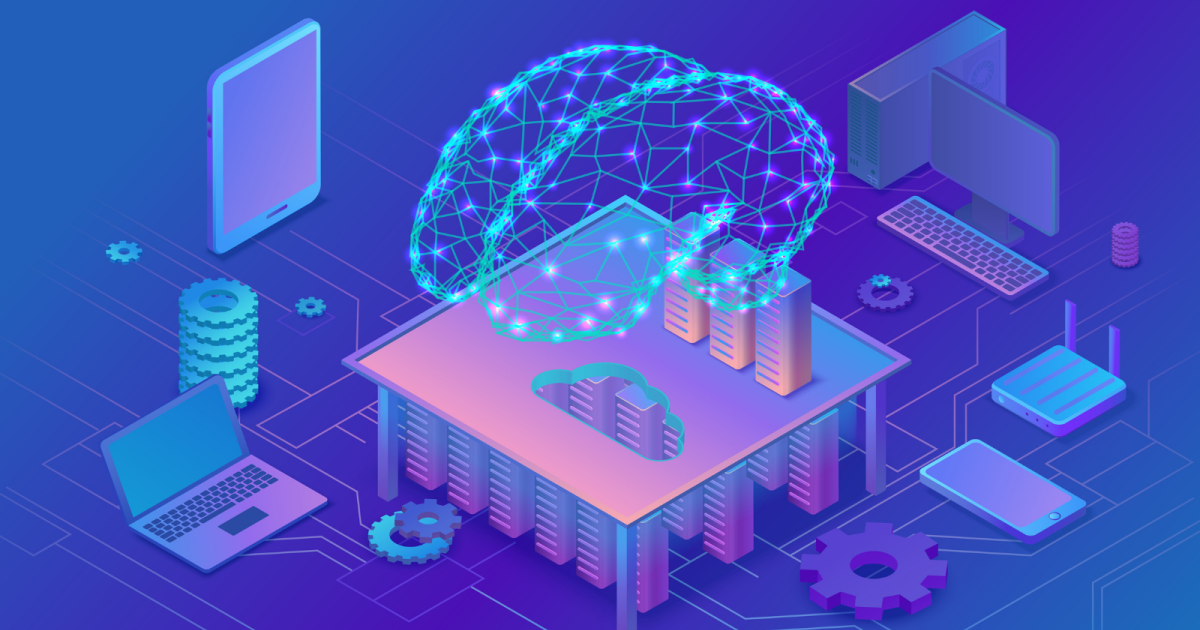Artificial intelligence (AI) is a rapidly evolving field that has the potential to revolutionize many aspects of our lives. From self-driving cars to personal assistants, AI is already being used in a wide range of applications, and the possibilities for its future use are virtually limitless. However, with any new technology, there are also potential impacts and consequences that must be considered. In this article, we will explore five potential impacts of the future of AI on society.
Increased automation and job displacement
One potential impact of the future of AI is increased automation, which could lead to job displacement for certain workers. As AI technology improves, it is likely that more tasks will be able to be automated, potentially leading to the displacement of jobs that are currently performed by humans. This could be particularly disruptive for workers in industries that are more susceptible to automation, such as manufacturing and certain service sector jobs.
Changes in the nature of work
In addition to job displacement, the future of AI could also lead to changes in the nature of work. As AI becomes more prevalent, the tasks that are performed by humans may shift to more creative, strategic, and decision-making roles. This could lead to a restructuring of the workforce and a shift in the skills that are valued by employers.
Social and economic inequality
Another potential impact of the future of AI is social and economic inequality. If certain groups of people are disproportionately affected by job displacement or are unable to adapt to the changing nature of work, they may experience increased economic hardship. This could exacerbate existing inequalities and lead to further social and economic divides.
Changes in the way we live and interact
The future of AI could also lead to changes in the way we live and interact. For example, the use of AI in transportation could lead to the widespread adoption of self-driving cars, which could change the way we commute and travel. Similarly, the use of AI in healthcare could lead to more personalized and efficient care, but it could also raise concerns about the privacy of medical information.
Ethical considerations
Finally, the future of AI raises a number of ethical considerations. For example, who will be responsible if an autonomous vehicle is involved in an accident? How will AI be used to make decisions that affect people’s lives, and who will be accountable for those decisions? These are just a few of the ethical questions that will need to be addressed as AI continues to advance.
The future of AI is an exciting and potentially transformative technology, but it is also one that carries risks and consequences that must be carefully considered. As we move forward, it will be important to address the potential impacts of AI on society and to ensure that its development and use is guided by ethical considerations. By thoughtfully addressing these issues, we can maximize the benefits of AI and minimize any negative consequences.












